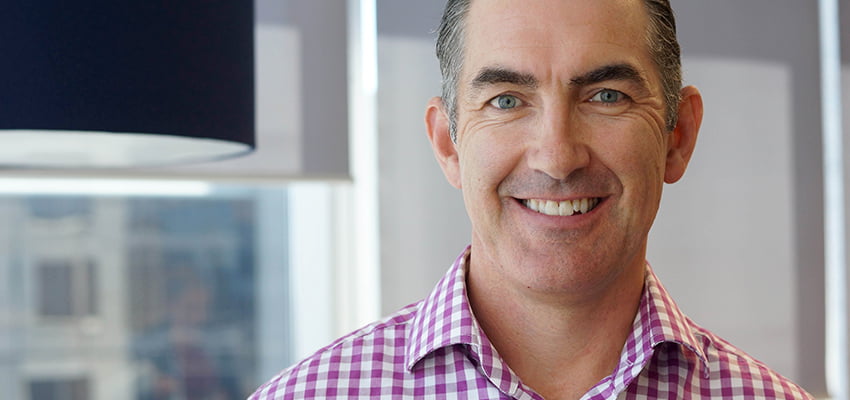DP WORLD Australia CEO Paul Scurrah has told Ports Australia Biennial Conference delegates the stevedores’ infrastructure access charges are a necessity to keep the entire supply chain competitive.
Mr Scurrah told the audience in Darwin that the stevedoring sector had seen tremendous change in the past decade, including the introduction of a third major player in the east coast container terminals and major consolidation of shipping lines.
Also, the increasing size of ships calling at Australia and the increasing demand had necessitated heavy investments in infrastructure.
“If you have a cursory look at the published earnings, and we don’t publish ours, but others do, that would show the stevedores are now making less money now than when we introduced infrastructure access charges,” Mr Scurrah said.
“This is our shrinking tariffs and increased depreciation and amortisation burdens that we’re invested in pulls down our returns. In other words, the investment we have made despite the fear-mongering of certain parts of the industry is still nowhere near fully recovered, and notwithstanding the productivity increases are still a long way from that,” he said.
“All that investment … in automation and the capability of handling larger vessels, this also produces better landside throughput, it could come to a halt unless we changed our financial structures so that the cost recovery is more equitable and better aligned with the usage of and the access to the stevedoring facilities.”
Mr Scurrah noted he was confident the the next ACCC report would confirm the stevedores’ less-than-adequate returns and disprove the “fear-mongering” that the stevedores were somehow going to be producing super-profits as a result of these access charges.
In an interview on the sidelines of the conference, Mr Scurrah told Daily Cargo News everyone in the supply chain needed to raise enough revenue to remain profitable and viable.
“We’re not unlike any other business, where if that’s not occurring through what used to be the norm, then you’ve got to find other ways to do it,” he said.
“And it’s in no-one’s best interest for stevedores to be struggling financially, and being put in a position not to be able to facilitate the healthy growth and demand that’s out there, in order to feed the supply chain. The very people that are complaining about the charges are the very same operators who are enjoying the 8% plus growth rates we’ve seen in the past 12 months.”
DCN also asked Mr Scurrah about whether DP World Australia would operate a container terminal at the Port of Newcastle should one be built.
“But for the port commitment deed, Newcastle would be an attractive option,” he said. “It’s hard to see it working with that handbrake.”
Mr Scurrah also dispelled rumours that he was planning to leave DP World Australia at the end of his five-year contract.
“Any speculation as to whether I stay or go at the end of my contract is purely that: speculation,” he said.

